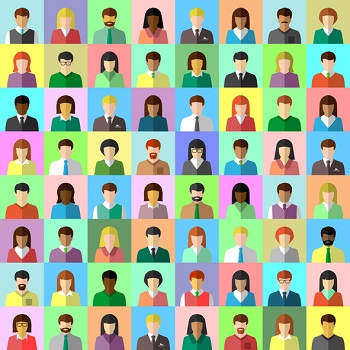Employment, Decent Work, and Social Protection are fundamental pillars of sustainable economic growth and integral elements of the United Nations Sustainable Development Goals (SDGs). In particular, they are emphasized in SDG 8: "Promote sustained, inclusive and sustainable economic growth, full and productive employment and decent work for all". Decent work is characterized by fair wages, secure employment contracts, safe working conditions, and the right to join or form a trade union. It is essential for poverty eradication, reducing inequalities, and fostering social inclusion, directly contributing to multiple SDGs, such as SDG 1 (No Poverty), SDG 5 (Gender Equality), and SDG 10 (Reduced Inequalities).
Decent work also links with SDG 4 (Quality Education), as higher education levels often lead to better job opportunities, thereby promoting a cycle of improvement. Meanwhile, social protection is closely aligned with SDG 1 (No Poverty) and SDG 3 (Good Health and Well-being), as it shields vulnerable groups from social and economic risks and ensures access to healthcare, food, and other basic needs. Social protection systems, such as unemployment benefits, pensions, and maternity protection, mitigate social inequalities and vulnerabilities, reducing poverty and ensuring social justice.
Furthermore, the interdependence of employment, decent work, social protection, and the SDGs, underscores the need for an integrated approach to sustainable development. Ensuring decent work and social protection for all not only supports economic growth but also advances socio-cultural development and fosters environmental sustainability, resonating with the three pillars of sustainable development – economy, society, and environment. Hence, the pursuit of decent work and comprehensive social protection for all, contributes to a broad-based and balanced progress towards the attainment of the SDGs.
Norway was the first of ten countries to legislate gender quotas for boards of publicly traded firms. There is considerable debate and mixed evidence concerning the implications of female board representation. In this paper, we explain the main sources of biases in the existing literature on the effects of women directors on firm performance and review methods to account for these biases.
Partner content
United Nations University, September 2019.
This study analyzes the relationship between social inclusion of lesbian, gay, bisexual, and transgender (LGBT) people and economic development. It uses legal and economic data for 132 countries from 1966 to 2011. Previous studies and reports provide substantial evidence that LGBT people are limited in their human rights in ways that also create economic harms, such as lost labor time, lost productivity, underinvestment in human capital, and the inefficient allocation of human resources.




